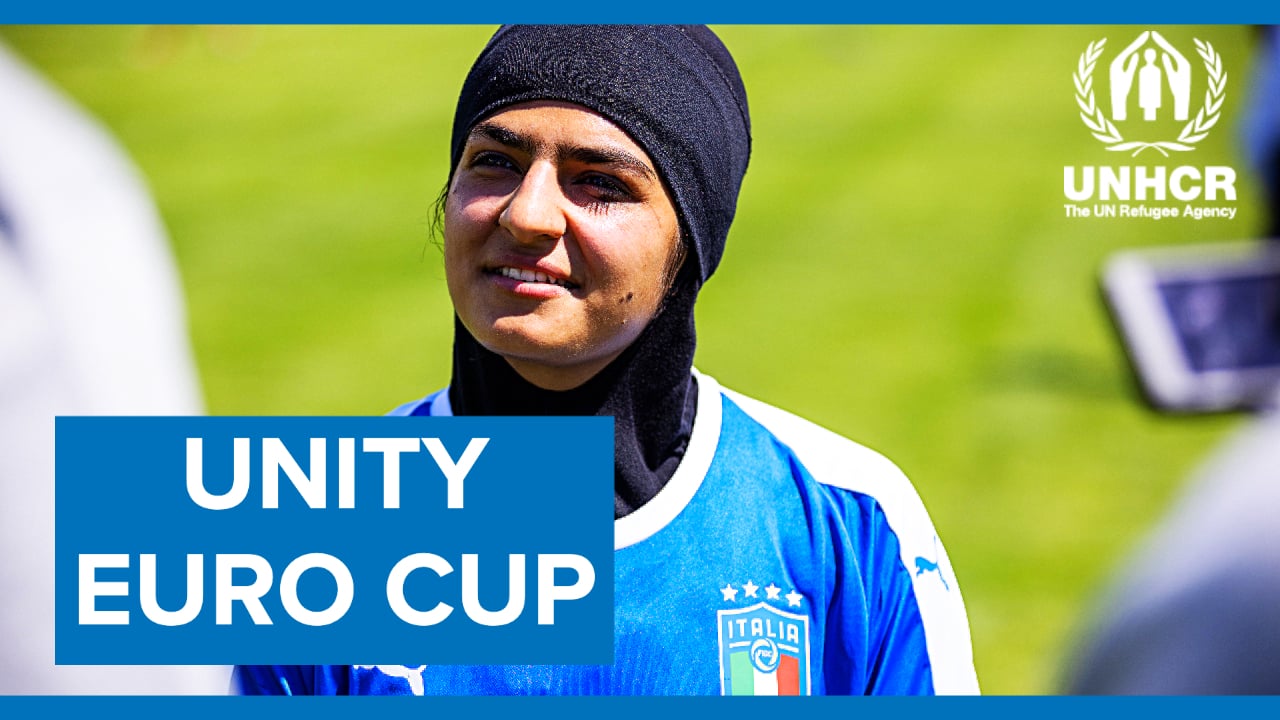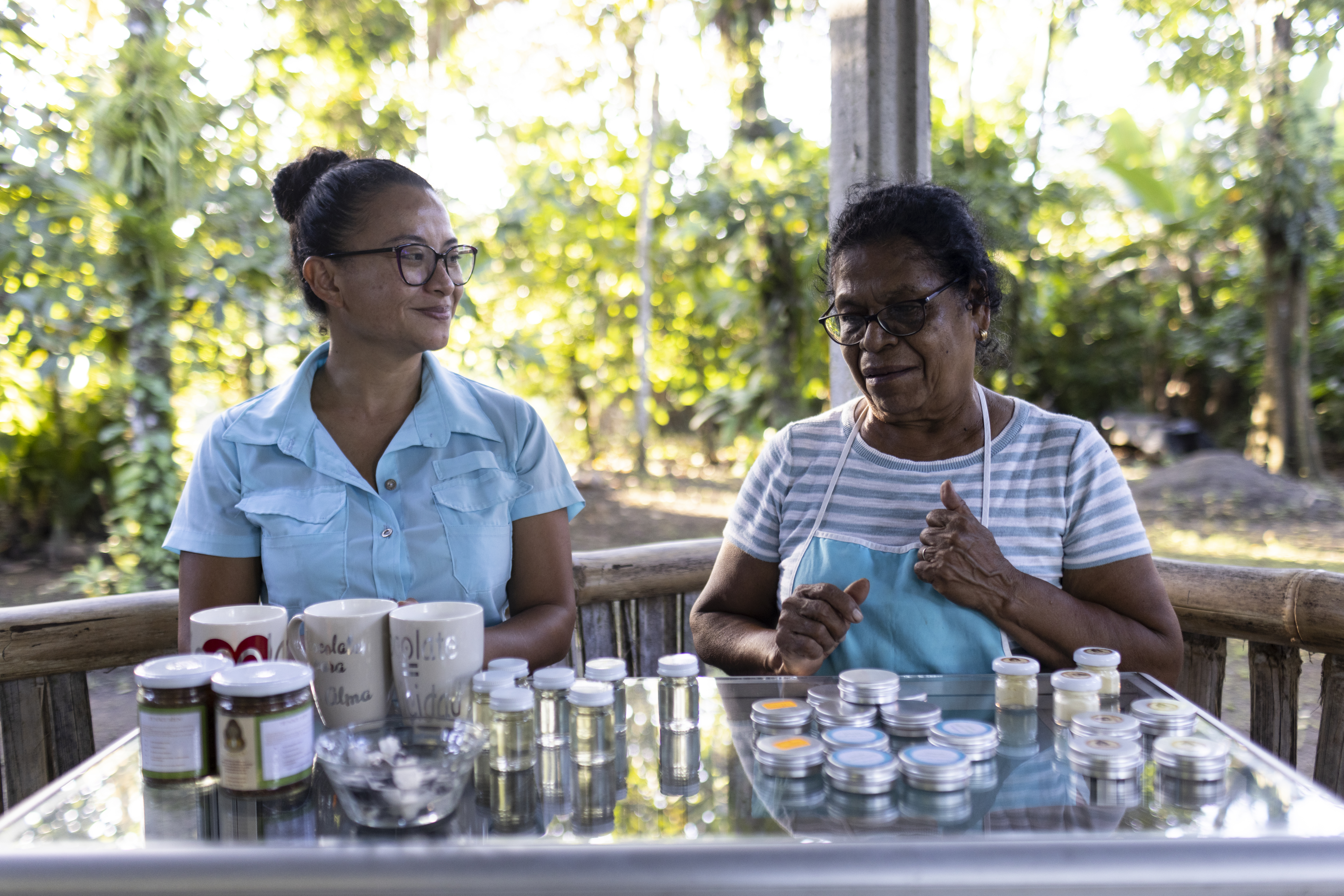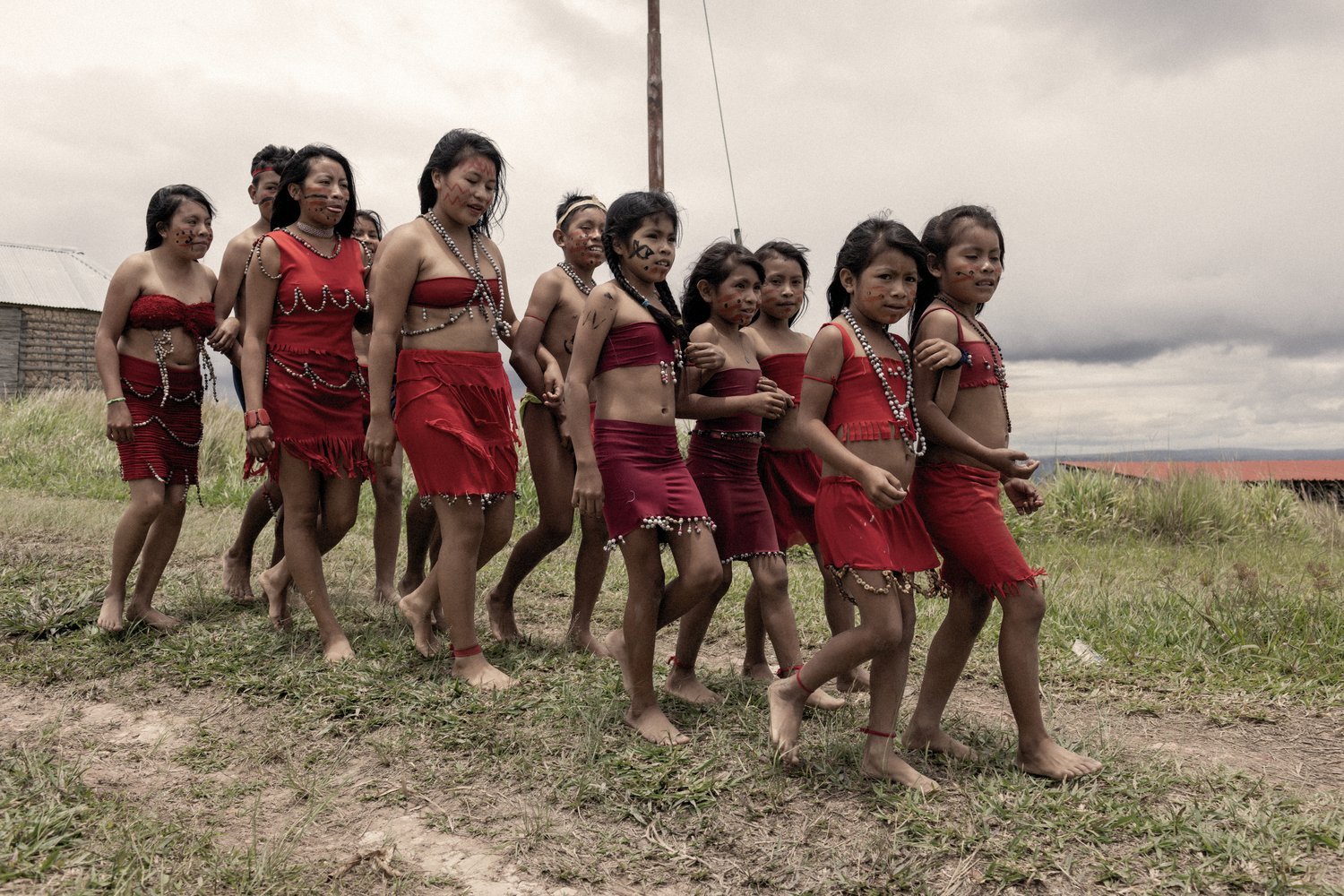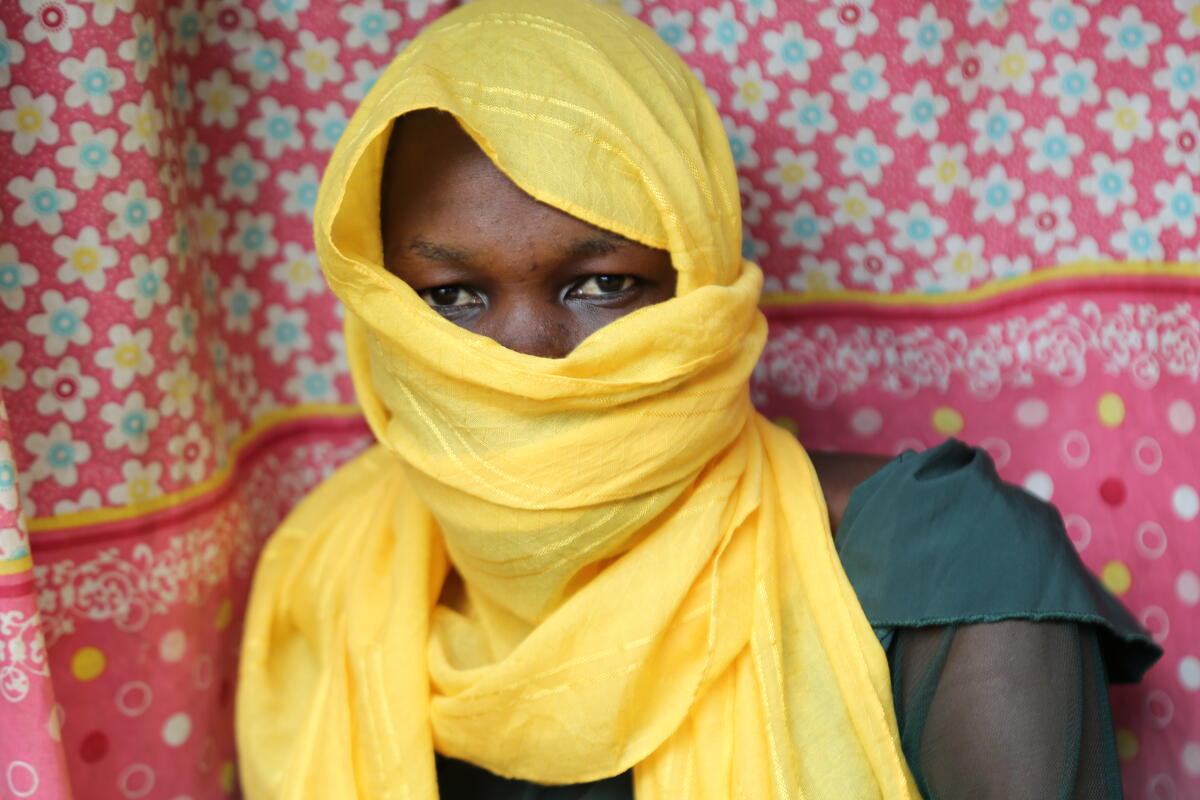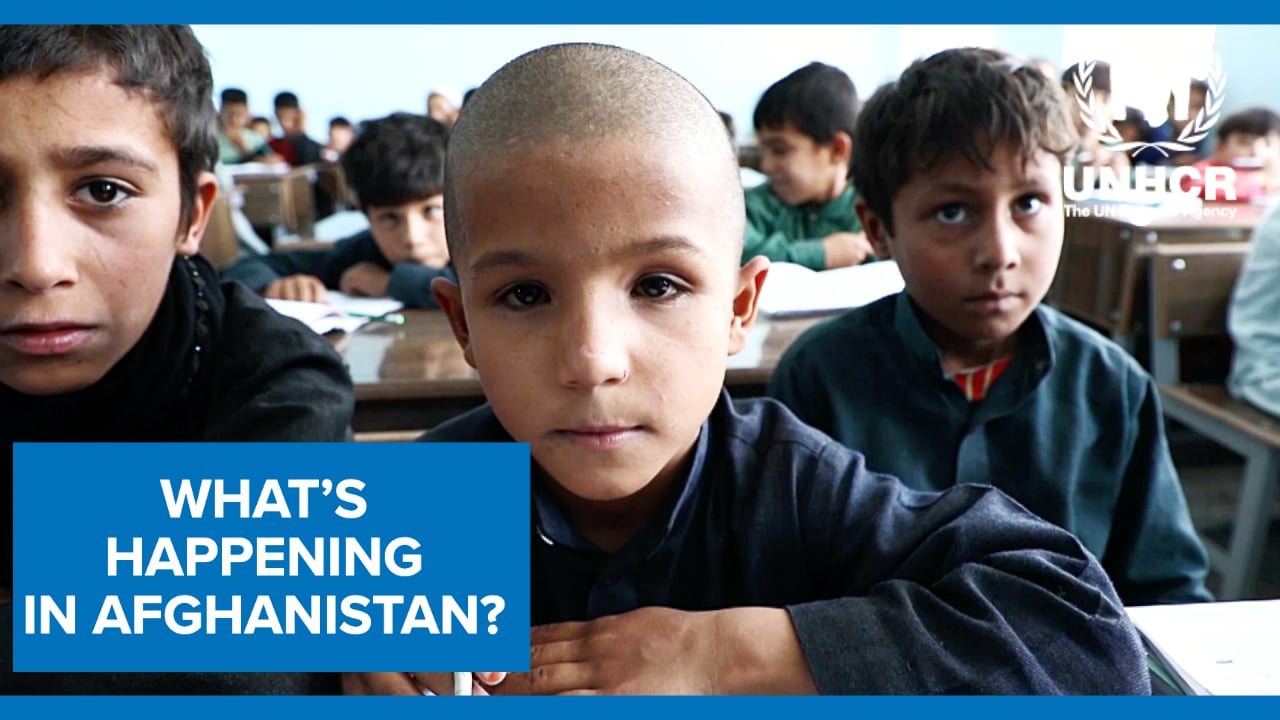'We've found peace, stability and quality of life'
'We've found peace, stability and quality of life'
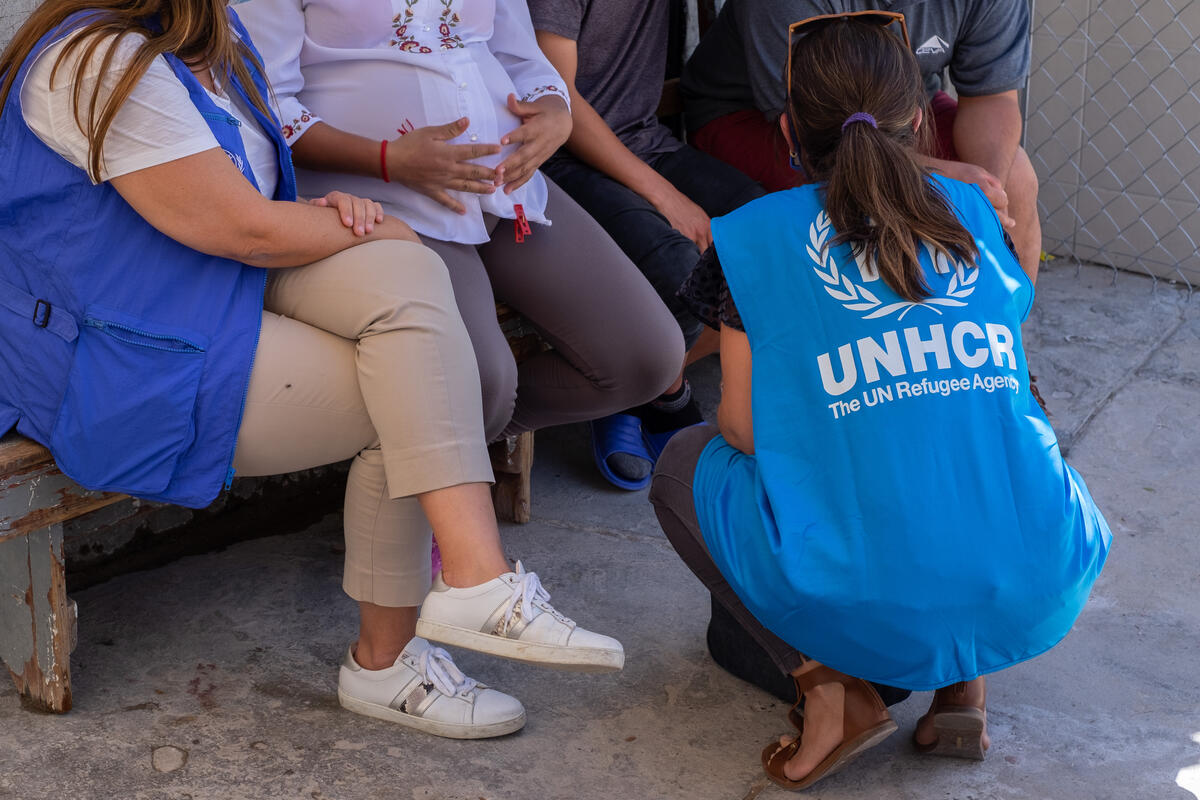
Grandmother Magdalena* recalls the despair she felt when she fled Venezuela at age 60.
Escaping insecurity, political turmoil and widespread shortages, she sought refuge in Mexico with her daughter Mariana and two school-age granddaughters in the midst of the COVID-19 pandemic.
She had very high blood pressure and severe digestive problems. Additionally, she had not seen a doctor in a year and was anxious. Mariana’s daughters, one of whom is on the autism spectrum, were out of school and struggling.
“We arrived from Venezuela traumatized. First because of the insecurity, then because there was no food, no medicine – you were afraid to fall ill,” she says.
Fortunately, help was at hand. The family received assistance after lodging an asylum claim with COMAR, the Mexican Commission for Refugee Assistance, and temporary economic support from UNHCR, the UN Refugee Agency, while they found their feet in Tijuana.
“I like my house, I like where I live, I like what I do, I like my new future.”
With access to healthcare, Magdalena got the medical attention she needed and now has her conditions under control. She was also vaccinated against COVID-19.
Mariana’s eldest daughter, meanwhile, got medication to manage her autism, and both girls have enrolled in mainstream schools in Tijuana, a booming border city in the far northwestern corner of Mexico, where they are supported by their teacher.
“We’ve found peace here, we’ve found stability, including emotional stability, and quality of life,” says Magdalena, who practiced law and taught in a university in Venezuela. “This came just at the moment that we needed it.”
A year-and-a-half after their arrival, they live in a house in a gated community with 24-hour security, within sight of the soaring, rusted US border fence, and have reconnected with family living and working on the other side, in California.
Mariana, 36, says their new-found security is helping her daughters, aged nine and eight, to resume their lives. “I like the fact that my two girls, despite all their circumstances, say to me, ‘Mum, I like my house, I like where I live, I like what I do, I like my new future.’”
As they settle in, Magdalena and Mariana – who is also a lawyer – plan to seek permanent residency in Mexico, get their degrees recognized and start to give back to the country that has given them shelter and a new life.
“We don’t just have rights, we have obligations … we have to contribute,” says Mariana. “We want to grow, and we want the country to grow too, with our experience and knowledge.”
Magdalena imagines a future teaching law in one of several universities in this city of two million residents. “I have a lot of hopes for the future … I feel very optimistic,” she says. “I feel reborn.”
So far this year, more than 61,000 people escaping violence and persecution from several countries have registered with COMAR – close to 20,000 more than the number of people who registered throughout all of 2020. Most are women and children, a large proportion of them, unaccompanied.
“Refugee women can be extremely vulnerable when they are forced to flee to another country. Nevertheless, at every step they show their strength and resilience,” said Dagmara Mejía, the head of UNHCR’s field office in Tijuana. “We aim to make sure they are safe, they are informed about their rights and we give them the support they need to start over. Then they do the rest for themselves.”
The help UNHCR and its partners provide ranges from legal assistance, to providing shelter, medical support, psychological care and counselling. The agency also provides limited and temporary financial aid as they get settled, as well as grants that allow them to continue their education.
“Don’t give up. Keep fighting for what you left your country for.”
On the other side of Tijuana, Gisella, 41, is another refugee mother who is moving on with her life after a shaky start.
Five years after fleeing Venezuela, she has refugee status and is studying for a master’s degree in law with the help of a scholarship from UNHCR. She expects to graduate in six months and hopes to practice law in Mexico – preferably in the area of refugee protection.
“The support I received has been really fundamental to be able to carry on developing … to fulfill myself professionally,” Gisella says, in the living room of the small house where she lives with her 10-year-old son.
As she looks to the future, she has a message of hope for other newly arrived refugees.
“Don’t give up. Keep fighting for what you want, and for what you left your country for,” she says, a note of steel creeping into her voice.
“You can do it. This country has a lot of opportunities. Keep fighting to achieve what you want, to succeed, to overcome …. It’s possible.”
*Refugees’ names changed for protection reasons.


